Oktoberfest runs from September 20th to October 5, 2025. Here is your ultimate guide to surviving the world's biggest beer festival in the heart of Munich.
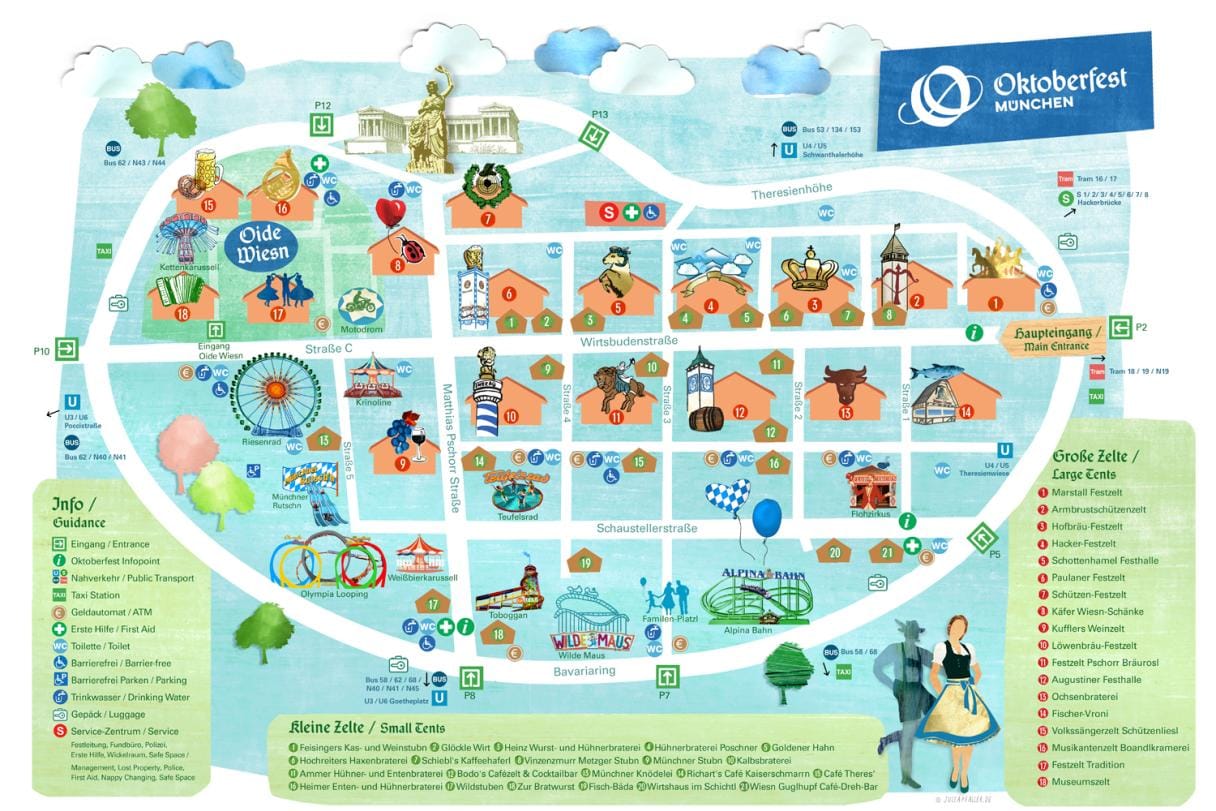
Oktoberfest, the world’s largest and most famous beer festival, transforms Munich, Germany, into a hub of Bavarian culture for 16 to 18 days each year. Starting in late September and running through the first Sunday of October, this iconic celebration attracts millions of visitors from around the world eager to experience its festive music, hearty cuisine, vibrant traditions, and of course world-class beer.
Origins of Oktoberfest
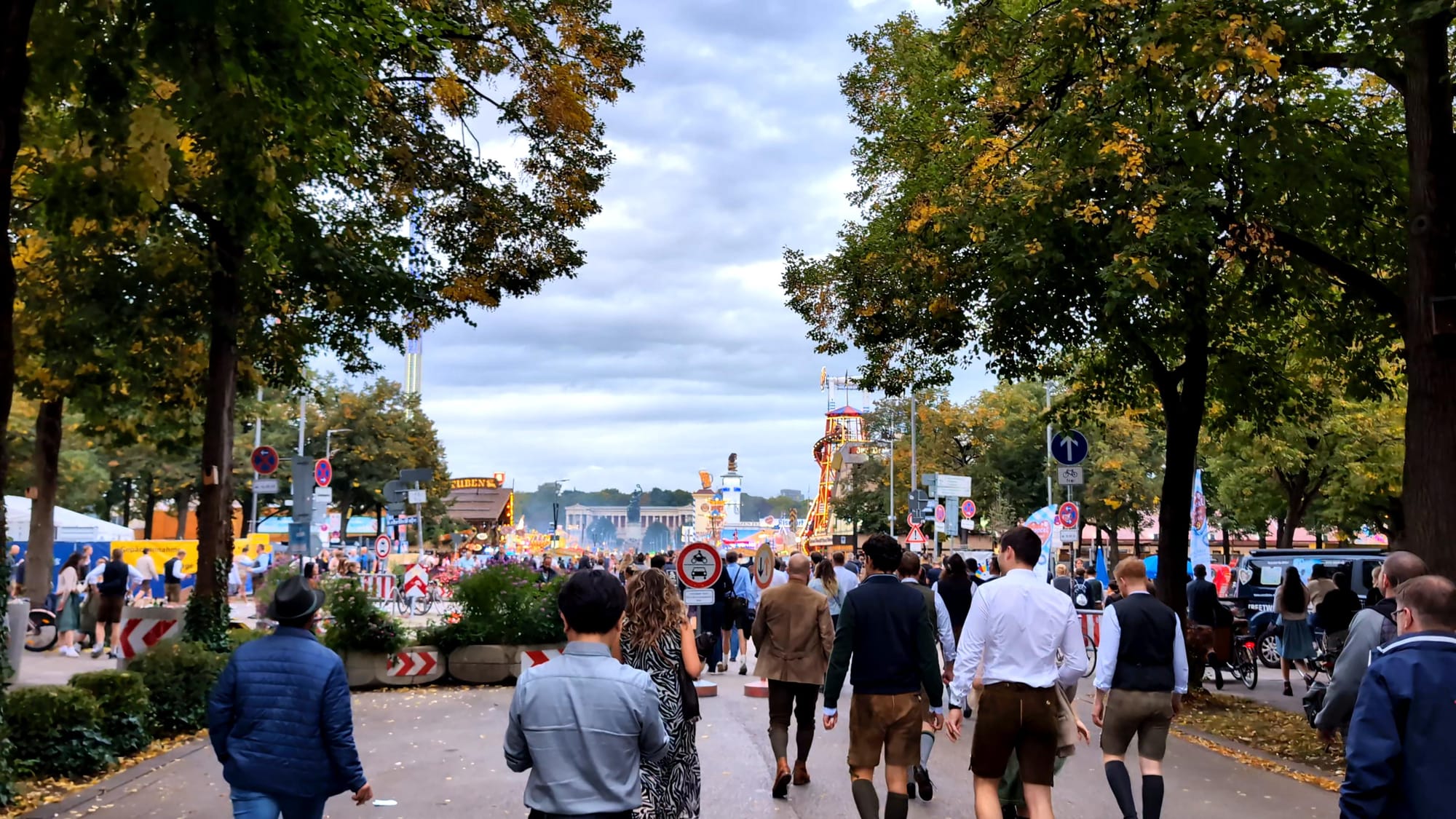
The festival began in 1810, commemorating the marriage of Crown Prince Ludwig and Princess Therese. The original celebration was held in the fields outside Munich, now called the Theresienwiese, or simply “Wiesn.” Over the years, Oktoberfest grew from a royal event into a beloved annual tradition, blending Bavarian heritage with international charm.
What to Expect
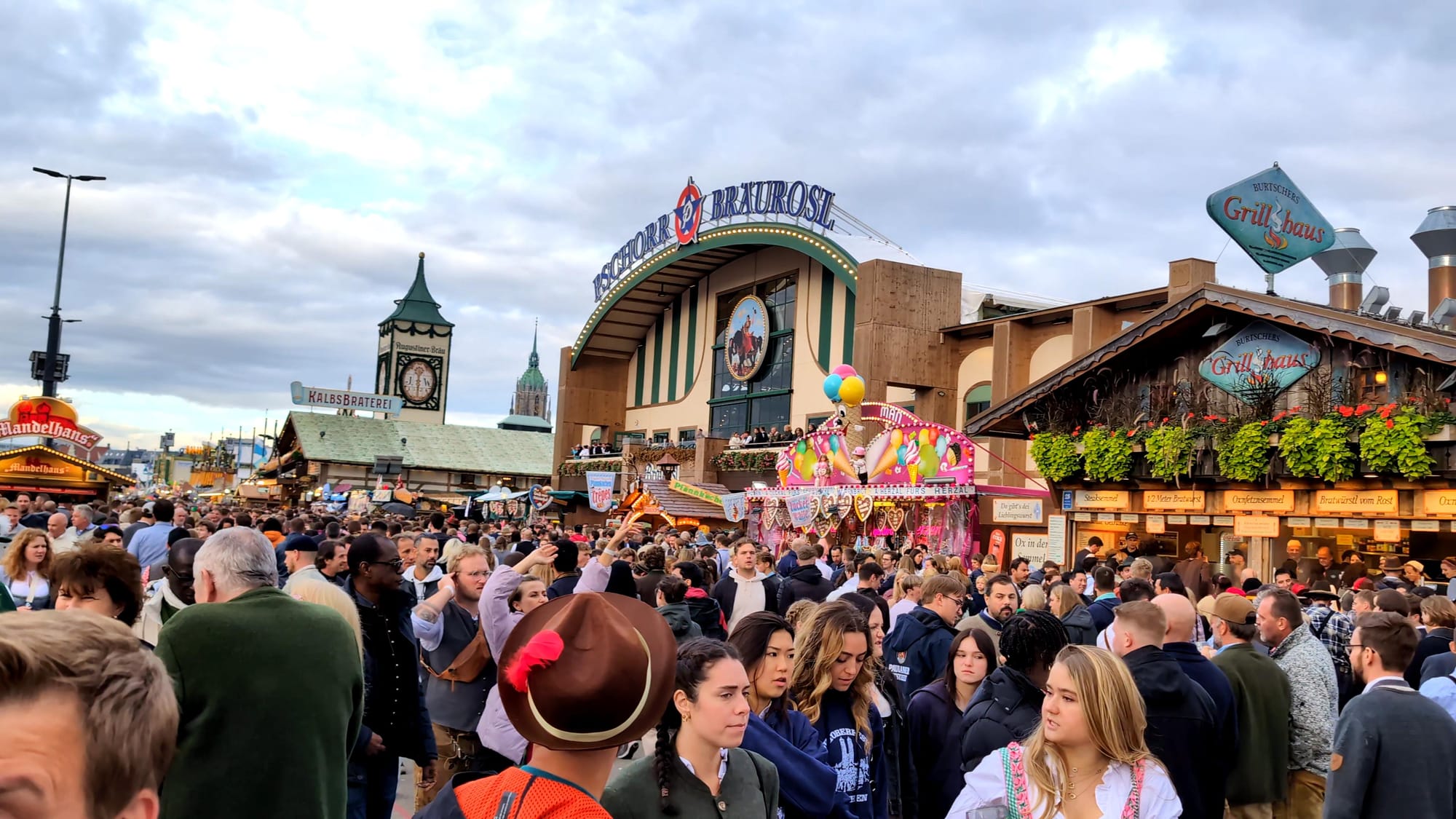
Oktoberfest offers much more than beer; it’s a cultural extravaganza celebrating all things Bavarian:
- Traditional Attire: Men wear lederhosen, and women don dirndls, adding a colorful and authentic touch to the festivities.
- Family-Friendly Attractions: Outside the beer tents, a carnival-like atmosphere includes rides, games, and even haunted houses, ensuring fun for all ages.
- Inside the Tents: The heart of the festival lies in its 17 main beer tents and over 20 smaller ones. Revelers enjoy hearty food, flowing beer, and lively music, ranging from traditional German songs to international favorites like “Sweet Home Alabama” and “Take Me Home, Country Roads.”
Beer Tents: Finding Your Perfect Spot
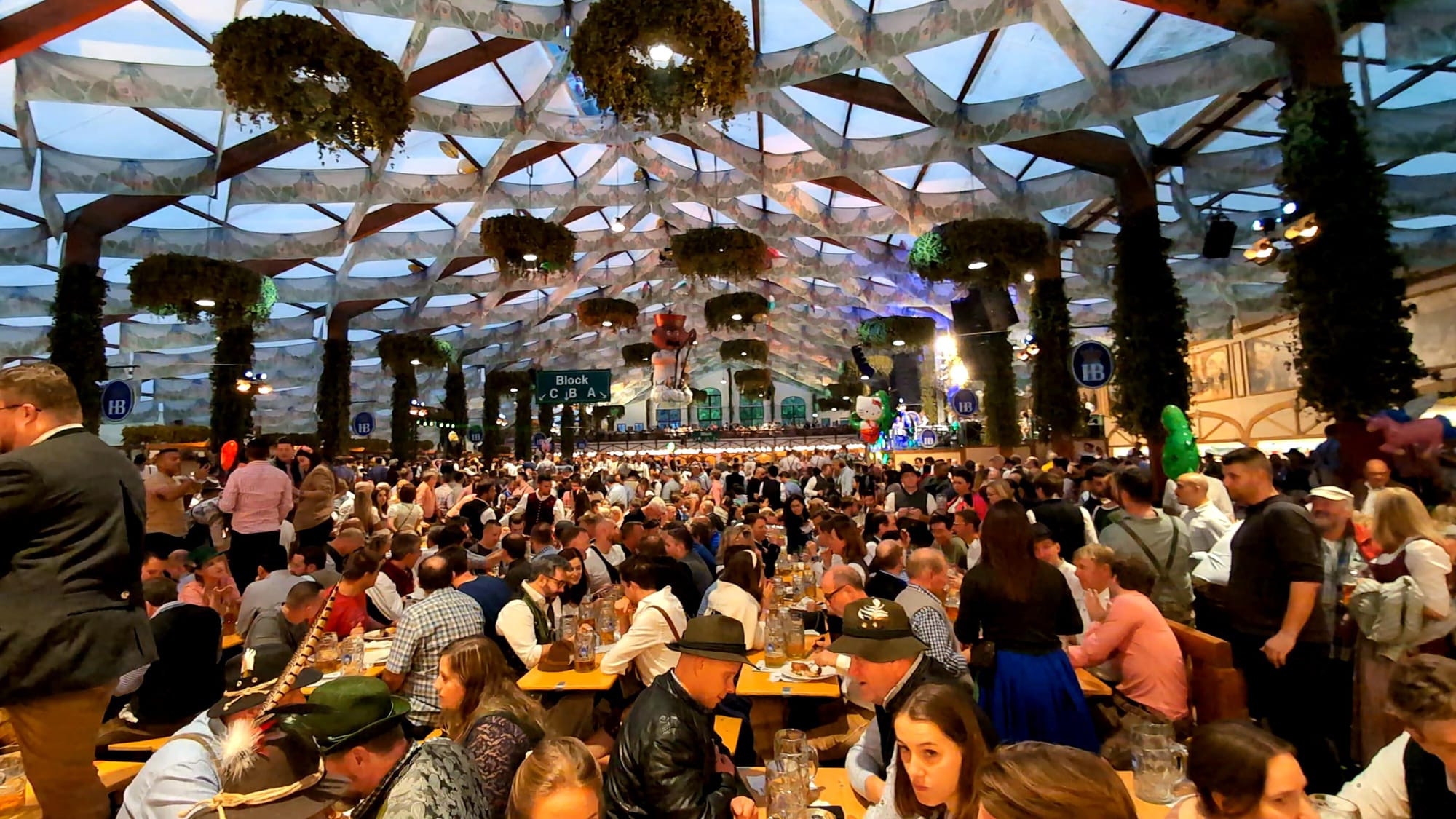
Access to the festival and beer tents is free. Some of the tables (25-50% ) are kept free for spontaneous visitors. Every big tent also has a beer garden where you can enjoy your beer and half roasted chicken outside in fresh air and sunshine. Bringing your own snacks is explicitly allowed, but drinks are to be purchased from the host. The beer gardens do not take reservations.
Each tent at Oktoberfest offers a unique atmosphere. Highlights include:
- Hofbräu Festzelt: Popular with international visitors, especially Americans.
- Augustiner-Festhalle: Known for its family-friendly vibe and beer served from wooden kegs.
- Käfer’s Wies’n-Schänke: A celebrity favorite with late-night hours (open until 1:00 AM).
- Weinzelt: A wine-lover’s haven with options beyond beer.
- Ochsenbraterei: Famous for its roasted ox dishes.
- Fischer Vroni: The go-to tent for seafood enthusiasts.
Most tents close by 10:30 PM, so arrive early to secure a spot, or make a reservation for guaranteed seating.
Making Reservations
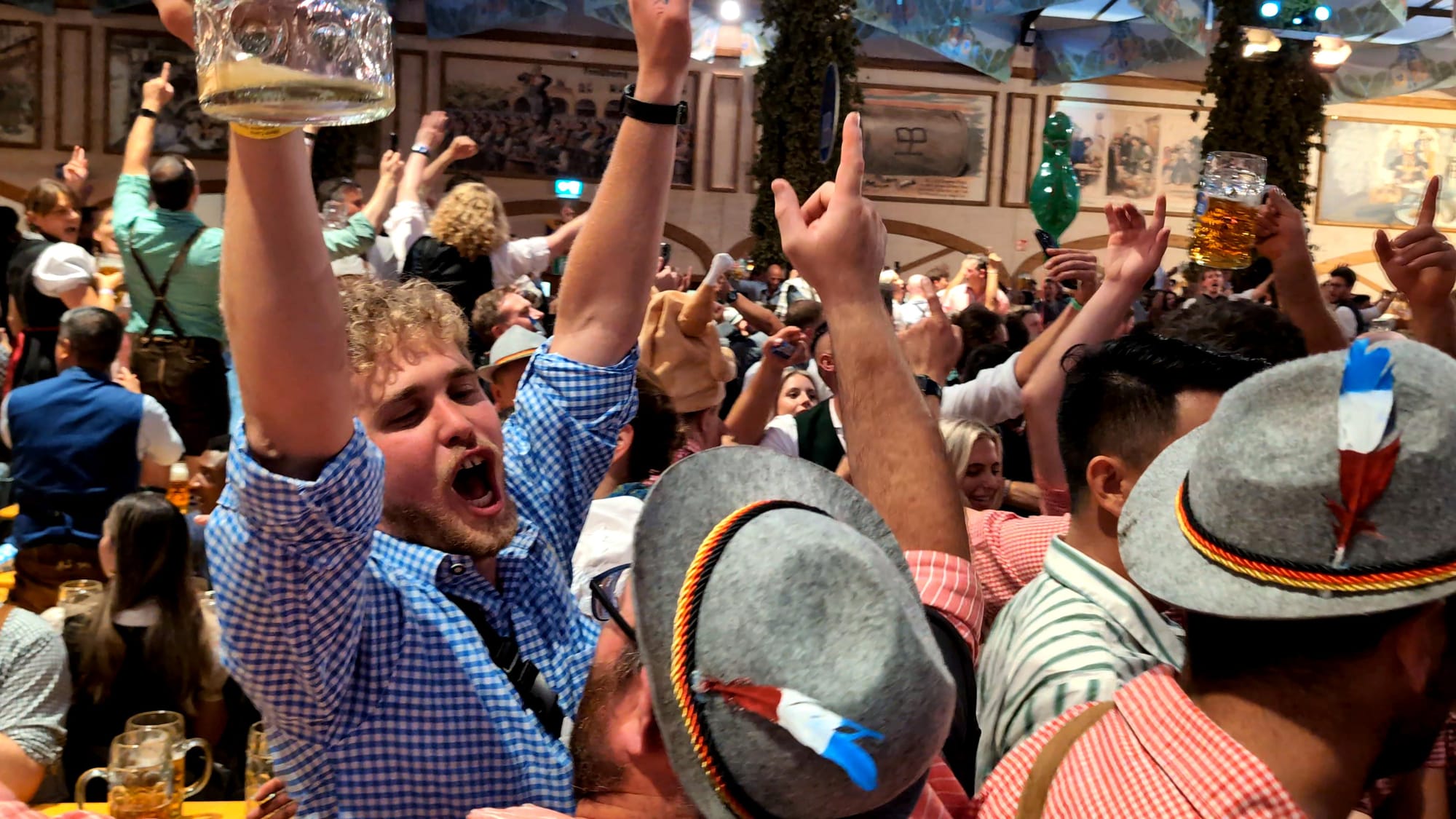
Tents can fill up quickly. Once a tent reaches capacity they stop letting people enter so its a good idea to get there early or make a reservation.
Reservations can save time and stress during busy periods. To book a reservation:
- Reservations are only accepted by the table, with eight to ten people sitting at one table.
- Contact individual tents directly via email or phone between January and April. Here are links to make reservations at the big tents:
- The reservation itself is free of charge but be prepared to pre-order food and drinks, typically costing €30–€40 per person. The minimum consumption in the main aisles of the tents is usually two pints of beer and half a roast chicken. You have to purchase vouchers in advance and the vouchers for a table cost an average of around 350 euros, although in some tents it can be more.
- Reservations may NOT be sold outside the official resale portal so never purchase a reservation at Internet auctions or from any other source than directly from the respective festival host of the desired tent.
Essential Tips for an Enjoyable Visit
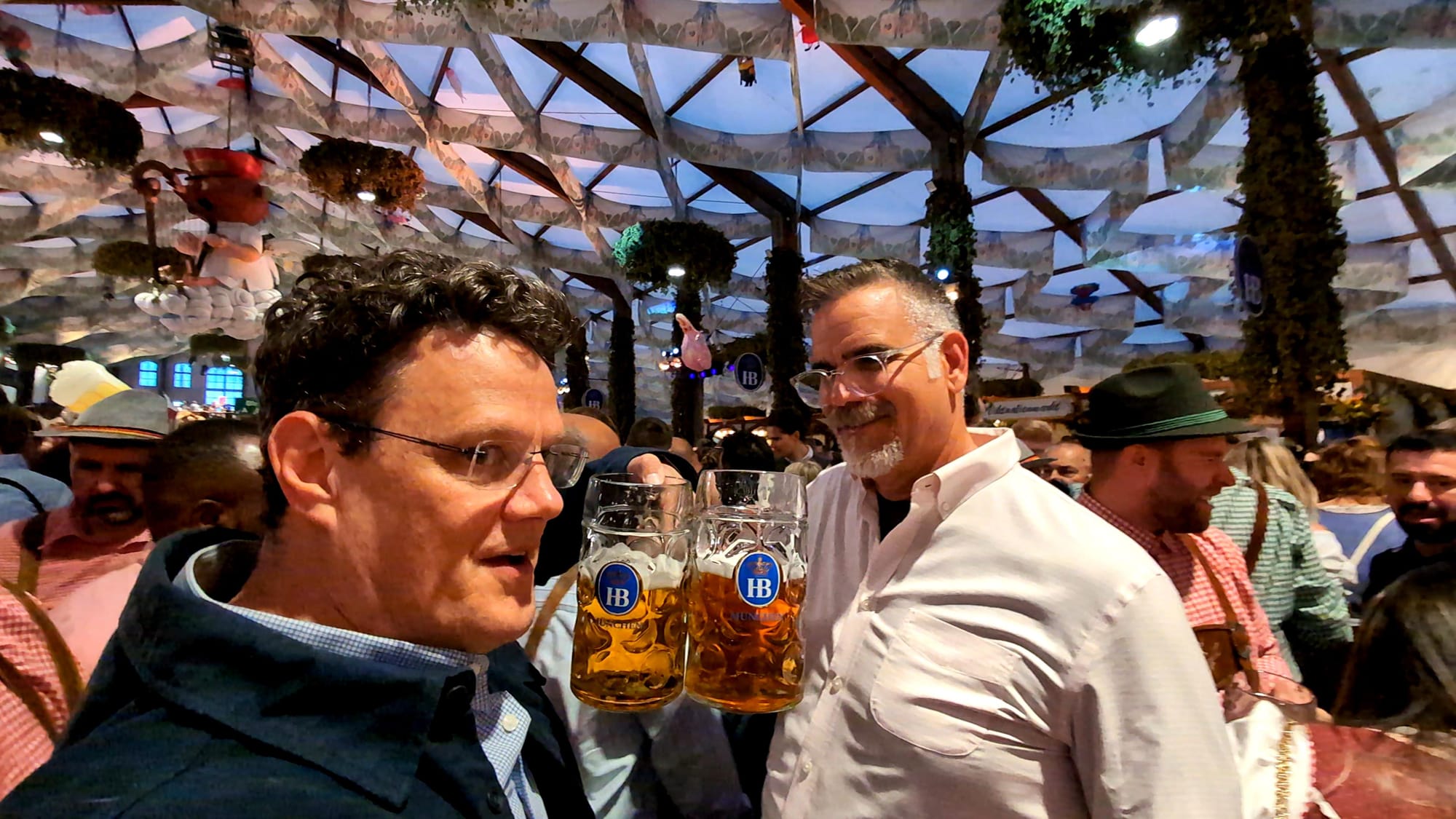
- Travel Light: Backpacks and large bags are generally prohibited at the Wiesn. Bags can have a maximum volume of three litres and may not be larger than 20 cm x 15 cm x 10 cm. Gas bottles, knives, coloring substances, etc. are prohibited. Bicycles, scooters, skateboards and the like are not permitted on the festival grounds. Animals (with the exception of assistance dogs) are not allowed at any time.
- Pace Yourself: Limit your stay to three days to avoid burnout.
- Stay Hydrated: Mix beer with lemonade (a Radler) for a refreshing and hydrating drink.
- Wear Closed-Toed Shoes: Protect your feet in crowded tents.
- Respect the Rules: Don't try to steal a stein as a souvenir. Guards at the tent and park exits are experts at recovering them and fines for theft are steep.
- Learn the Songs: Familiarize yourself with traditional tunes to embrace the festive spirit fully. Americans will already know "Sweet Caroline" and "Take Me Home Country Roads".
Budgeting for Oktoberfest
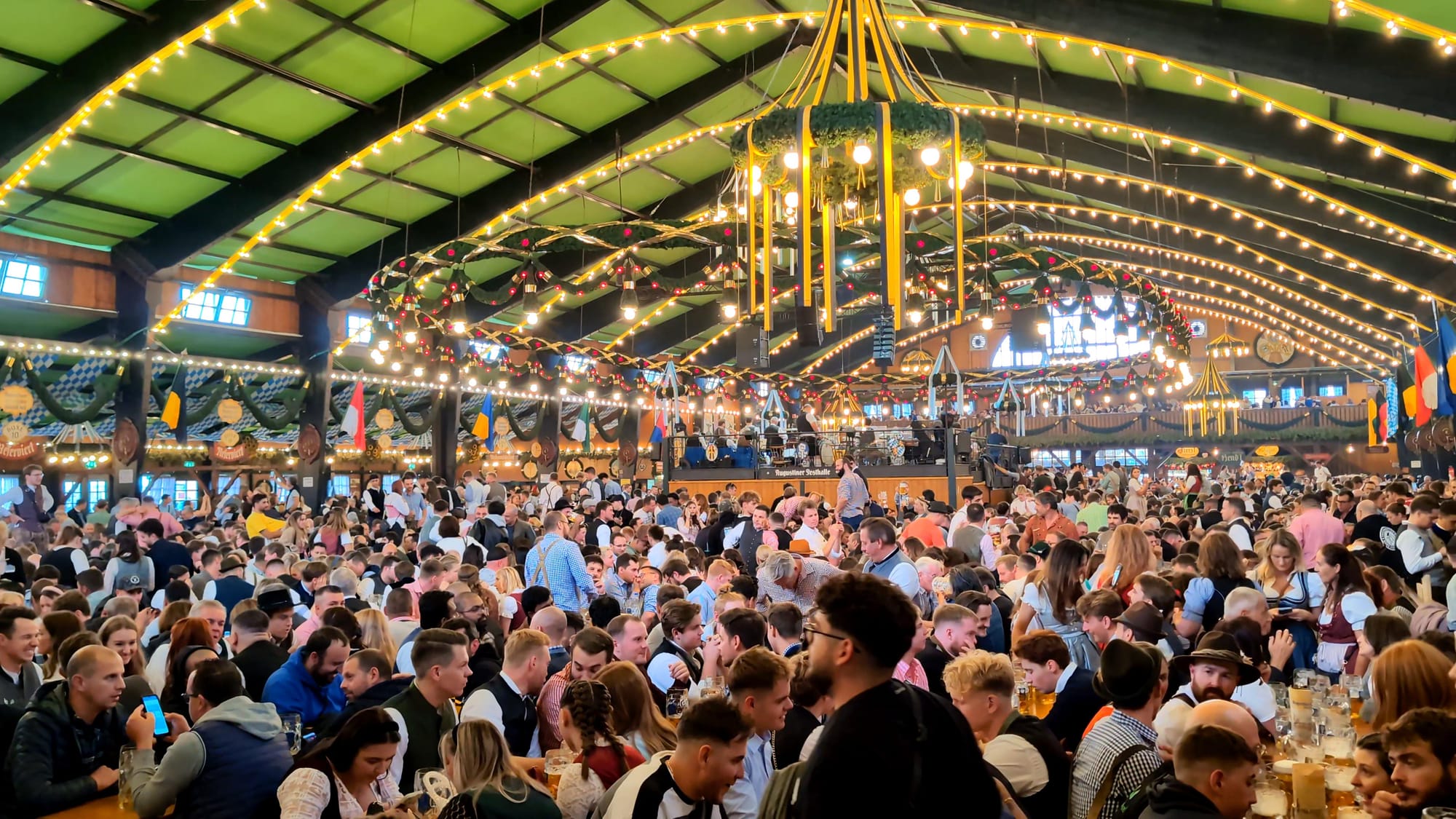
Costs can add up quickly, so plan ahead:
- Beer: €13–€15 per liter (Maß) as of 2024.
- Full Meals: €12–€20.
- Quick Bites: €5–€6 for snacks like sausages or pretzels.
- Rides: €1.50
A typical budget for a multi-day visit is around €300–€400 per person.
When to Visit
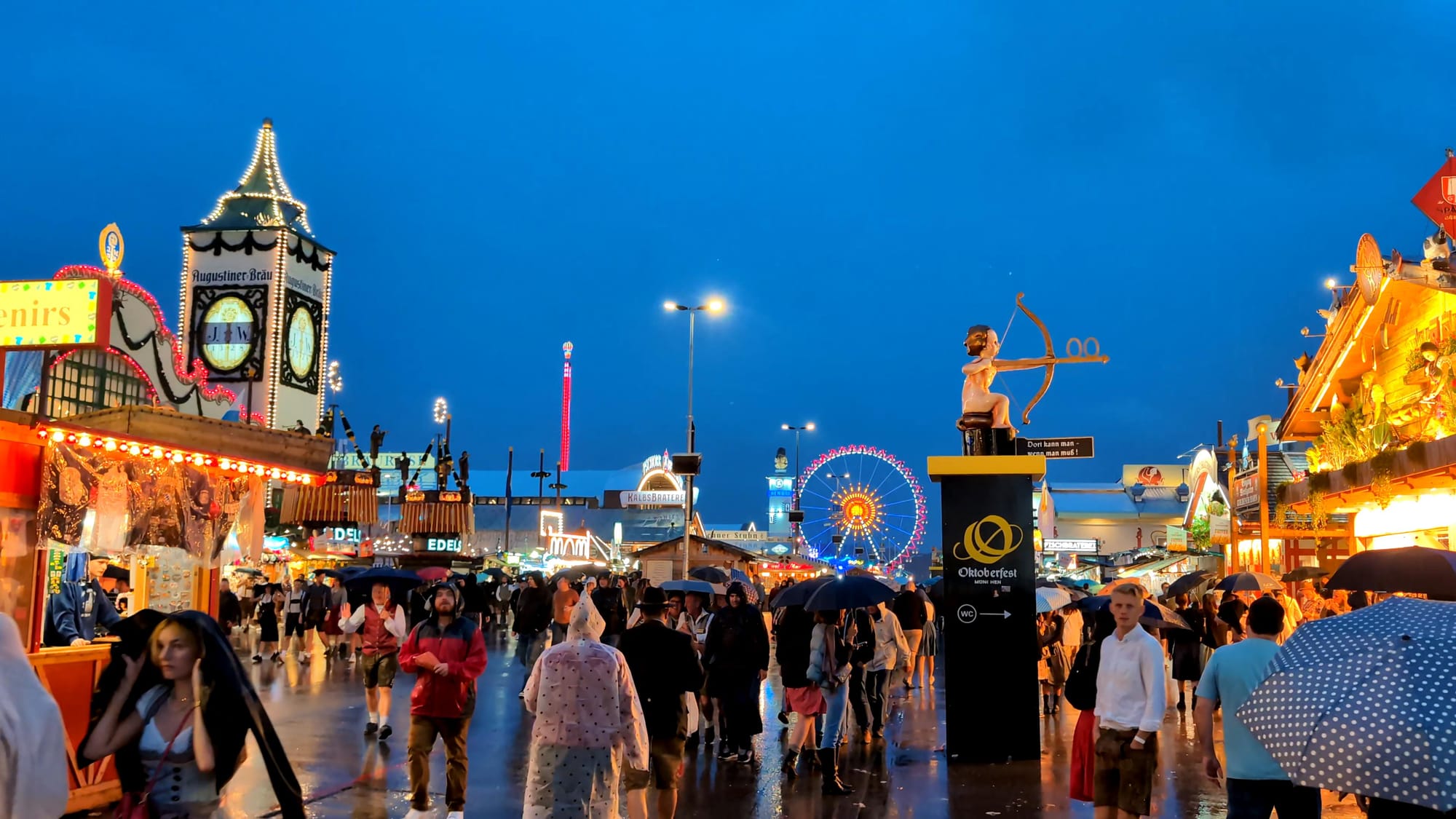
Oktoberfest Hours:
- Monday to Thursday: 10 am to 11.30 pm
- Fridays and Thursday, 2 October: 10 a.m. to midnight
- Saturday: 9 am to midnight
- Sunday: 9 am to 11.30 pm
Best time to go:
- Weekdays: Quieter crowds and easier seating, with special lunch menus.
- Weekends: A livelier atmosphere with larger crowds.
Gay Days
MLC is a gay leather and fetish collective that brings together queer folks of similar interests and advocates for the gay community. There are now three official events sponsored by MLC: the first Sunday in the Bräurosl tent, the last Sunday on the Bräurosl balcony, and the last Sunday in the Schottenhamel tent.
The first Sunday in the Bräurosl tent is known as Rosa Wiesn (Gay Sunday) and the most well-known of LGBTQ+ happenings at the festival where thousands of gay and lesbian fest-goers celebrate together.
Dressing the Part
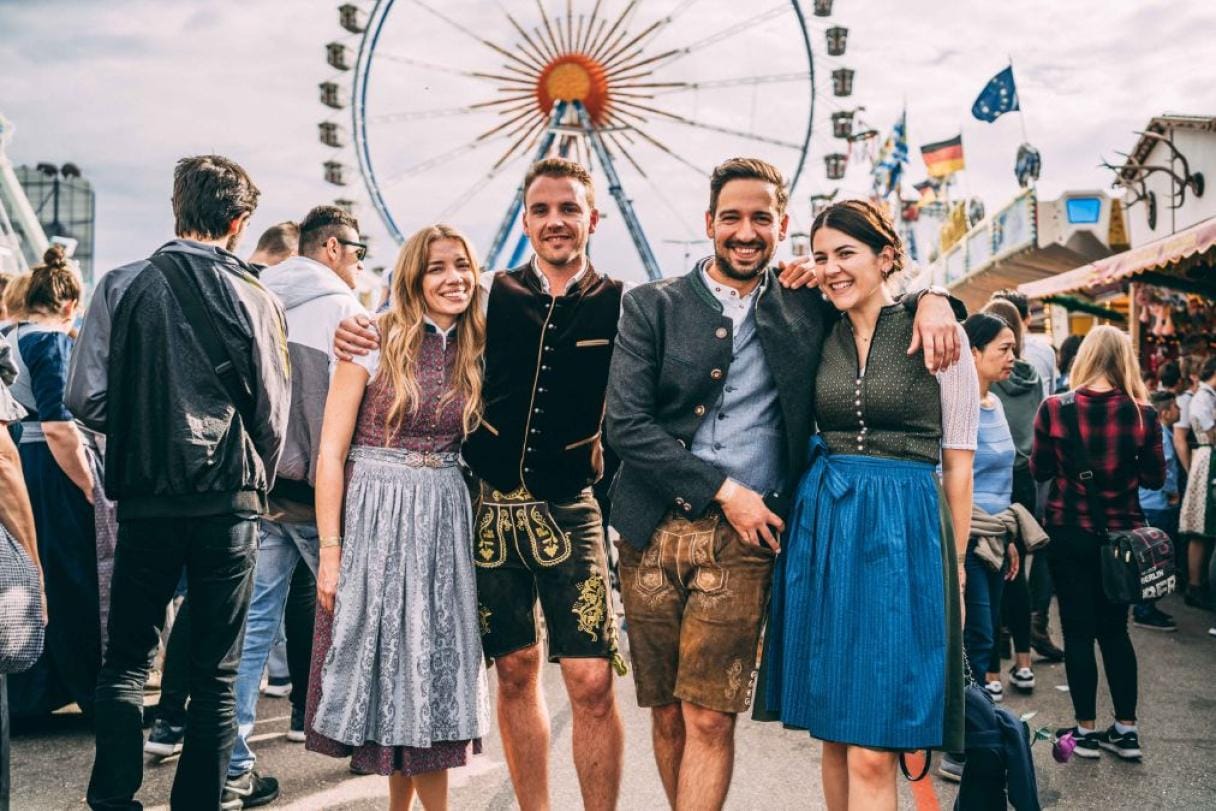
Although traditional attire is not required, it certainly enhances the Oktoberfest experience. Quality lederhosen or dirndls cost €100–€175, while rentals are available for €45–€60 per day. Shops in Munich and online retailers provide various options to suit different budgets.
Final Thoughts
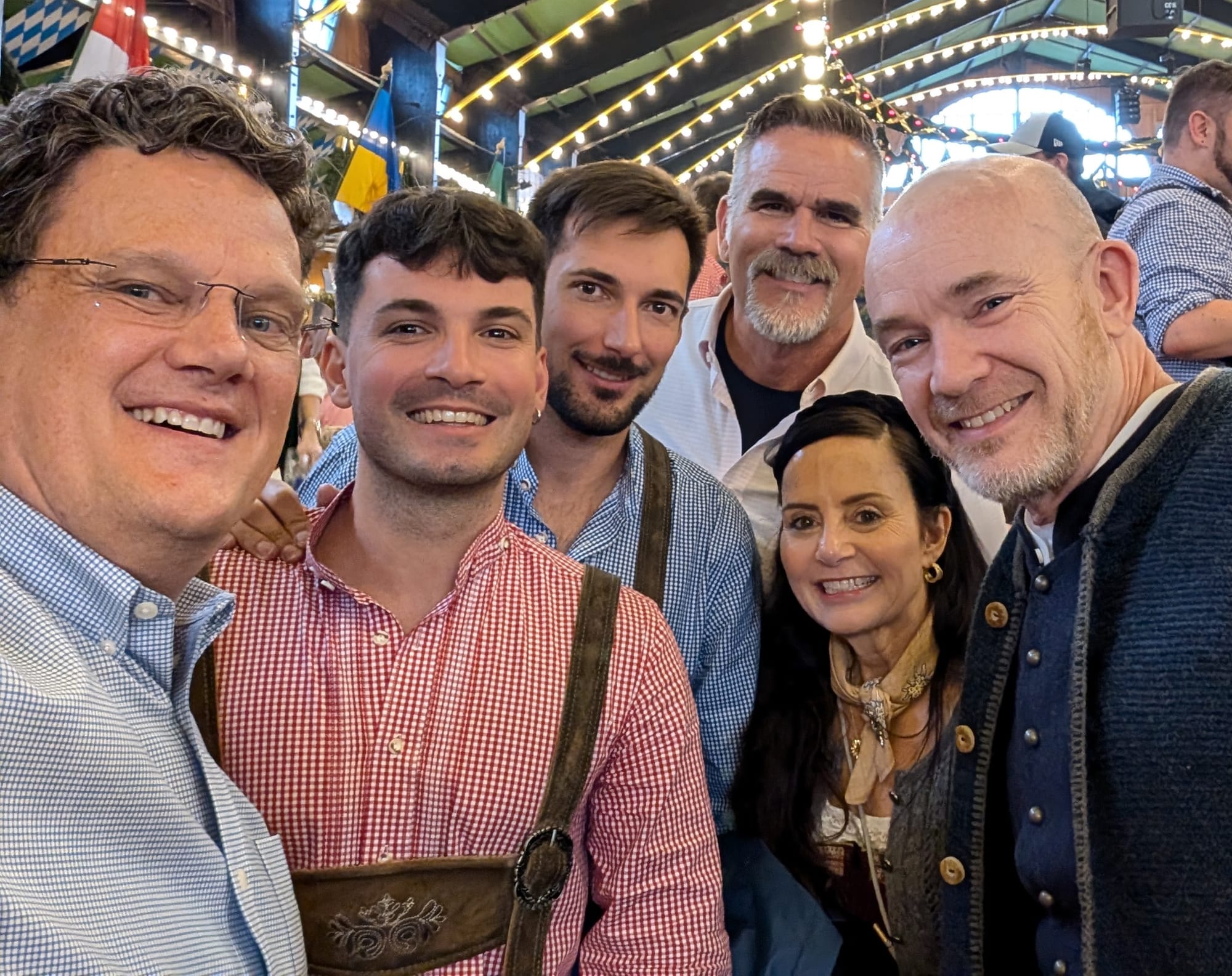
Oktoberfest is more than just a festival—it’s a celebration of Bavarian culture, camaraderie, and joy. From clinking steins with friends to savoring hearty Bavarian dishes, every moment is an adventure. With thoughtful planning and a spirit of fun, your Oktoberfest experience will be truly unforgettable.
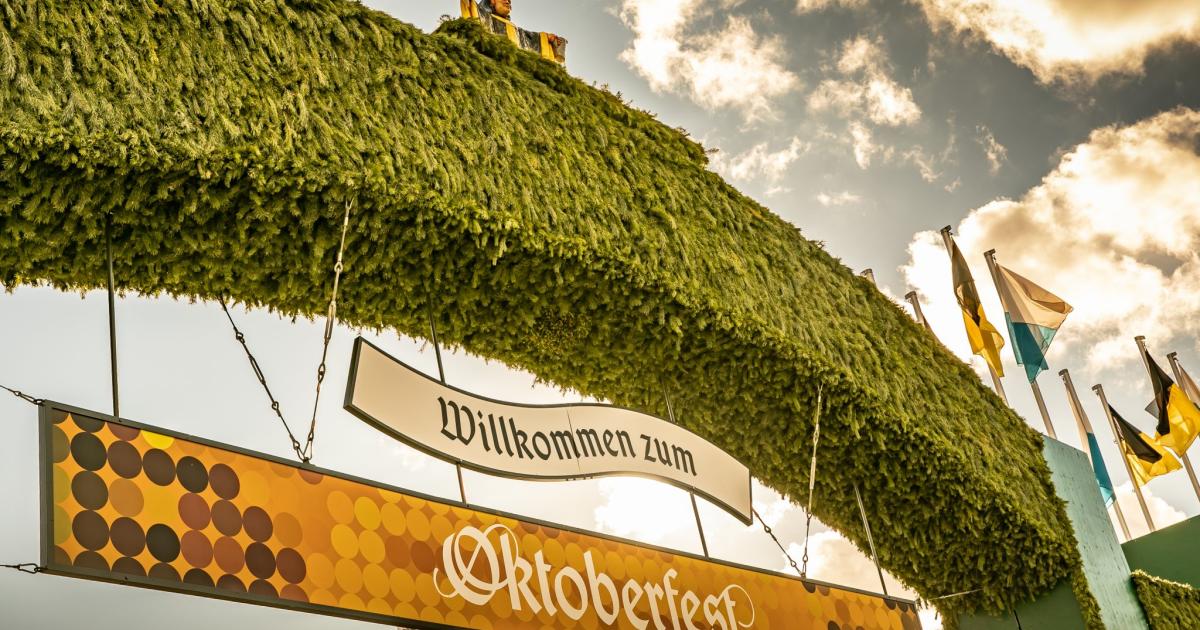


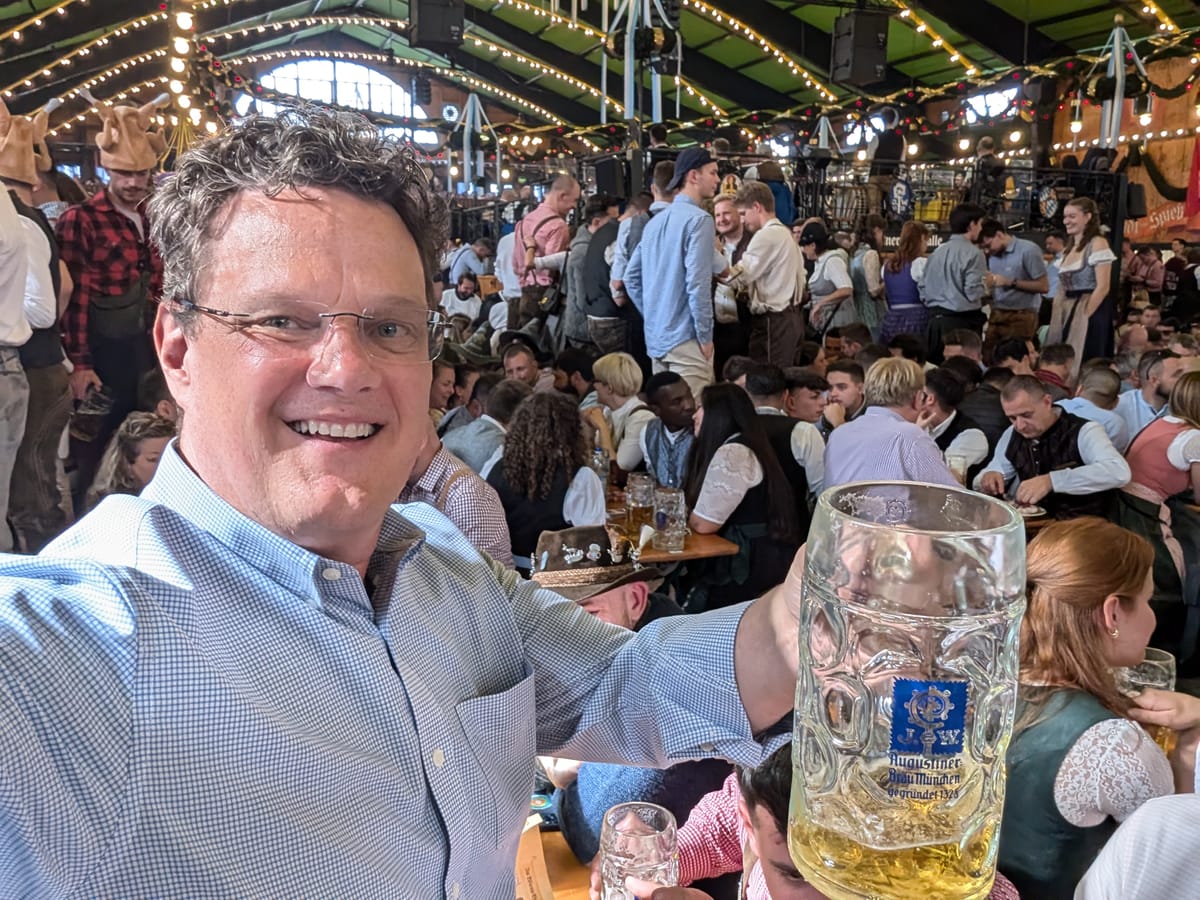

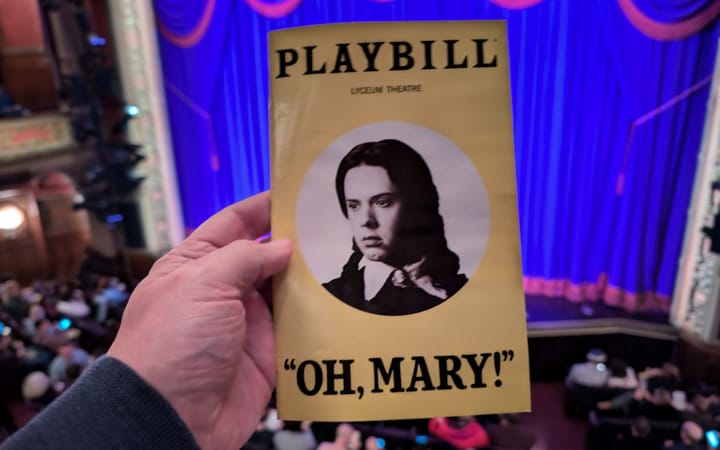
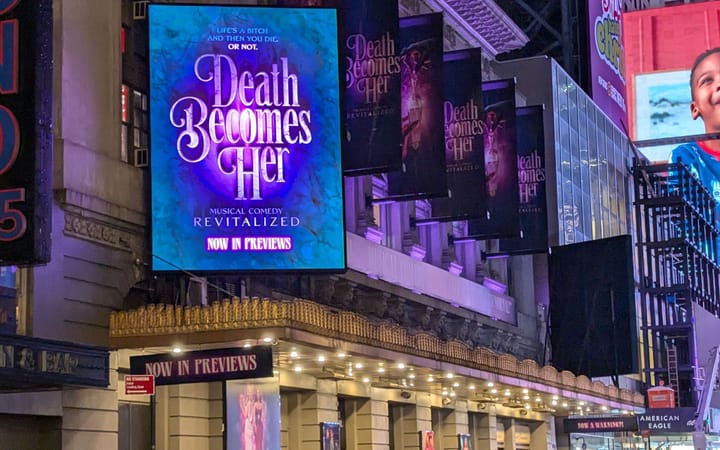
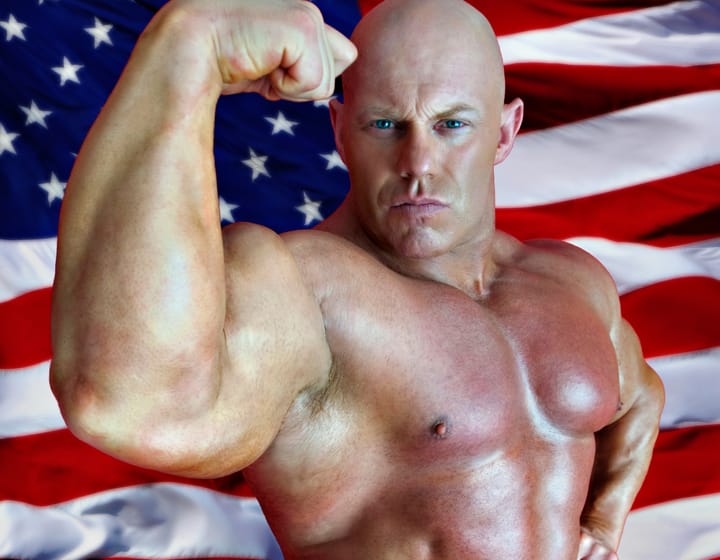
Comments ()